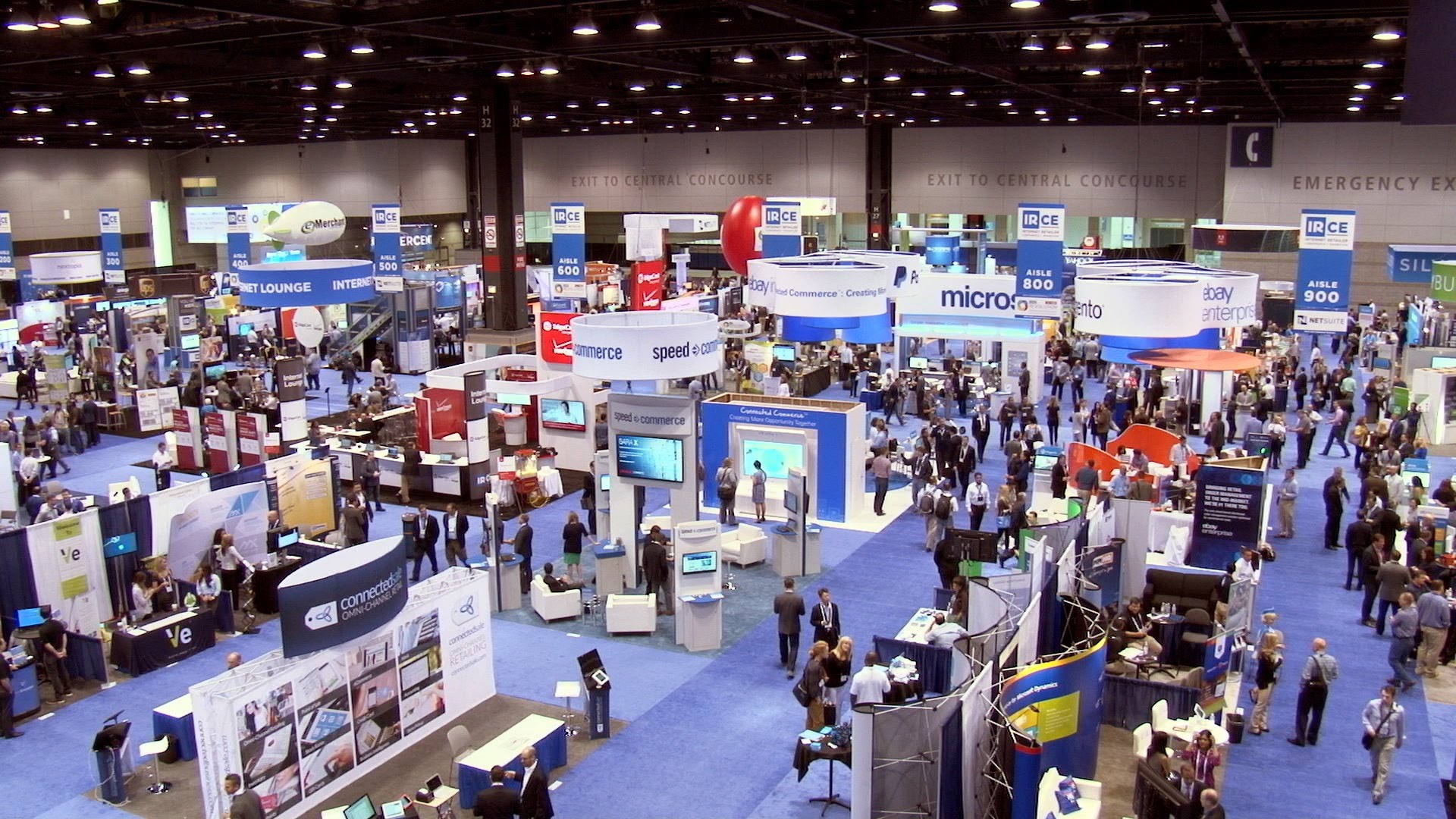In the dynamic landscape of event management, success hinges on more than just flawless execution. The ability to attract, engage, and retain attendees is a crucial aspect that can make or break an event. Event marketing strategies play a pivotal role in achieving these objectives, serving as the driving force behind a successful event.
In this comprehensive guide, we’ll delve into the intricacies of event marketing, offering event professionals valuable insights on how to leverage various strategies to maximize their event’s impact.
Understanding the Basics of Event Marketing
Event marketing is a multifaceted approach that involves promoting and creating awareness around an event to generate interest and attendance. It encompasses various online and offline channels, with the ultimate goal of reaching and engaging the target audience effectively.
- Define Your Objectives and Target Audience
Before diving into the implementation of event marketing strategies, it’s crucial to define clear objectives for your event. What are you aiming to achieve? Whether it’s boosting attendance, increasing brand awareness, or driving sales, understanding your goals will shape your marketing strategy.
Equally important is identifying your target audience. Tailoring your marketing efforts to a specific demographic ensures that your message resonates and attracts the right attendees.
- Create Compelling Content
Content is the cornerstone of any successful marketing campaign. From blog posts and social media updates to email newsletters and promotional videos, crafting compelling content is essential for capturing your audience’s attention and driving engagement.
Ensure that your content is not only informative but also aligns with the overall theme and goals of your event. Use a mix of visual and written content to cater to different preferences and effectively convey your message.
Online Event Marketing Strategies
In an increasingly digital world, online strategies are indispensable for reaching a wide audience and driving event attendance. Here are some key online event marketing strategies for event professionals:
- Develop a Robust Social Media Plan
Social media platforms are powerful tools for promoting events and engaging with potential attendees. Create a social media plan that includes a mix of organic posts, paid advertising, and influencer collaborations to maximize your reach.
Choose platforms that align with your target audience – whether it’s Facebook, Instagram, Twitter, LinkedIn, or others. Leverage hashtags, create engaging visuals, and encourage user-generated content to foster a sense of community around your event.
- Harness the Power of Email Marketing
Email marketing remains a highly effective way to communicate directly with your audience. Build a segmented email list and create personalized, targeted campaigns. Use compelling subject lines, concise copy, and visually appealing designs to capture attention and drive conversions.
Consider implementing automated email campaigns to nurture leads and keep potential attendees informed about event updates, promotions, and exclusive content.
- Optimize Your Event Website
Your event website serves as a virtual storefront, providing attendees with essential information and influencing their decision to participate. Optimize your website for search engines (SEO) to enhance its visibility and ensure it’s user-friendly.
Include clear calls-to-action (CTAs), an easy registration process, and engaging visuals that convey the event’s unique value proposition. Regularly update the website with relevant content and highlight key speakers, sponsors, and agenda items.
Offline Event Marketing Strategies
While online strategies are crucial, offline tactics still play a significant role in event marketing. A well-rounded approach that combines both online and offline efforts can yield optimal results.
- Strategic Partnerships and Sponsorships
Forge partnerships with relevant organizations, influencers, and sponsors to expand your event’s reach. Collaborate with entities that share your target audience or align with the theme of your event.
Sponsorships not only provide financial support but also offer opportunities for cross-promotion. Leverage your partners’ networks to reach a broader audience and enhance the credibility of your event.
- Traditional Media Outreach
Don’t overlook the power of traditional media, such as newspapers, magazines, and radio. Craft press releases and reach out to local journalists to secure coverage for your event. Appearing in traditional media outlets can lend credibility and attract a diverse audience.
Consider hosting press conferences, interviews, or even providing exclusive access to media representatives to generate buzz and coverage for your event.
- Networking Events and Community Engagement
Organize pre-event networking sessions or workshops to create a sense of anticipation and build a community around your event. Hosting smaller events in the lead-up to the main event provides opportunities for attendees to connect, share insights, and generate excitement.
Engage with local communities through outreach programs, sponsorships of local events, or participation in community initiatives. Building relationships at the grassroots level can have a significant impact on the success of your event.
Measuring and Analyzing Event Marketing Success
To optimize your event marketing strategies, it’s essential to continuously measure and analyze their effectiveness. Use key performance indicators (KPIs) to assess the impact of your efforts and make data-driven decisions for future events.
- Attendance Metrics
Track the number of registrations, ticket sales, and overall attendance. Analyze these metrics to identify patterns, such as peak registration times or popular ticket types. This information can inform your marketing strategy for future events.
- Engagement Metrics
Evaluate the engagement levels across different marketing channels. Monitor social media interactions, email open and click-through rates, and website engagement. Identify which channels are most effective in reaching and engaging your target audience.
- Conversion Rates
Measure the effectiveness of your marketing funnel by analyzing conversion rates at various stages. Understand how many leads converted into registrants and, ultimately, attendees. Identify any bottlenecks in the conversion process and optimize accordingly.
- Surveys and Feedback
Gather feedback from attendees through surveys and post-event evaluations. Understand their satisfaction levels, identify areas for improvement, and gauge their likelihood of attending future events. Use this information to refine your event marketing strategies for subsequent occasions.
Conclusion
Mastering event marketing is a continuous process that requires a strategic and data-driven approach. By understanding the fundamentals of event marketing, leveraging a mix of online and offline strategies, and consistently measuring success, event professionals can elevate their events to new heights.
In an era where competition for attendees’ attention is fierce, the ability to create a compelling narrative, engage audiences across various channels, and deliver a seamless event experience is paramount. Armed with the insights and strategies outlined in this guide, event professionals can navigate the intricacies of event marketing with confidence, ensuring their events leave a lasting impact on attendees and stakeholders alike.




